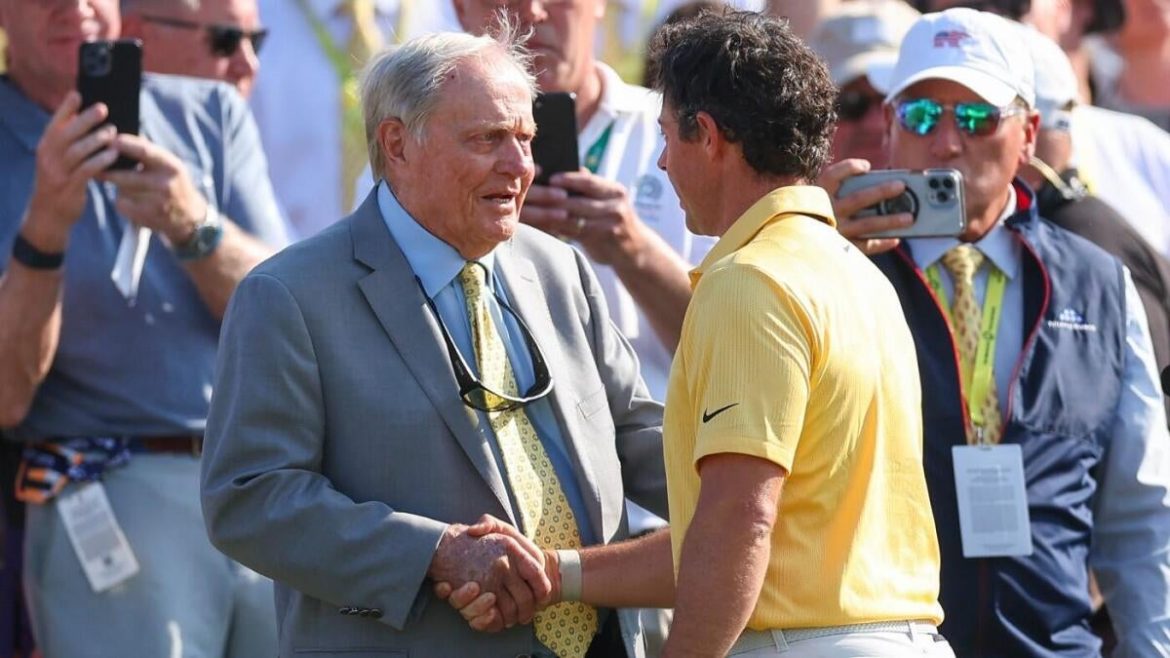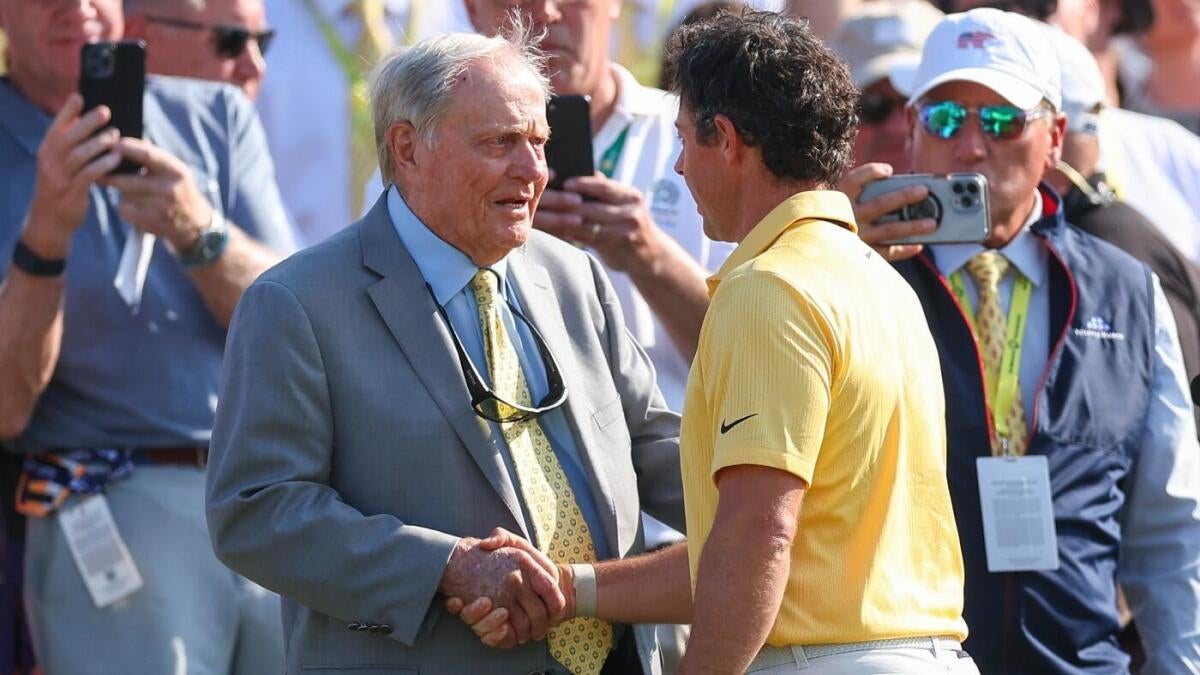Rory McIlroy Skips The Memorial Tournament: A Closer Look at the Controversy and Implications
Rory McIlroy’s decision to skip the 2025 Memorial Tournament, a prestigious event hosted by golf legend Jack Nicklaus, has stirred notable surprise and criticism across the golfing community. This break from a tradition held since 2017, especially following McIlroy’s recent Masters victory that completed his career Grand Slam, invites an exploration into the significance of this move, the reactions it has provoked, and its potential repercussions for the relationships and expectations within professional golf.
—
The Significance of The Memorial and McIlroy’s Historical Attendance
The Memorial Tournament, held annually at Muirfield Village Golf Club in Dublin, Ohio, is more than just another stop on the PGA Tour; it stands as a marquee event steeped in tradition and hosted by Jack Nicklaus, one of golf’s greatest icons. Participation by elite players not only honors the tournament’s prestige but also reflects a tribute to Nicklaus himself.
Rory McIlroy, world number two and one of the sport’s leading figures, had been a consistent presence at the tournament since 2017, missing only two iterations prior to this year. His decision to withdraw in 2025 disrupts a pattern highlighting his respect for the event and his strong personal relationship with Nicklaus.
—
Weighing the Decision: Reasons and Context Behind McIlroy’s Absence
The specifics behind McIlroy’s choice to skip the Memorial Tournament have not been fully disclosed, but the timing and context provide clues. Following his triumphant Masters victory, which secured his career Grand Slam, McIlroy faces a congested schedule laden with high-profile tournaments and recovery considerations.
This season has already seen McIlroy skip other signature events such as the RBC Heritage at Harbour Town, suggesting a strategy to prioritize rest or manage workload. Given the physical and mental demands at the apex level of golf, players often have to make tough scheduling decisions that balance competitive aspirations with health.
—
Jack Nicklaus’s Reaction: Disappointment and Calls for Support
Jack Nicklaus has publicly expressed disappointment with McIlroy’s absence, underscoring the expectation that a Masters champion—especially one who has spoken warmly about the Memorial—would want to honor the tournament and its host. Nicklaus’s comments reflect more than personal frustration; they emphasize how attendance at marquee events symbolizes respect and loyalty in the golfing fraternity.
This sentiment was echoed by golf analysts and fellow professionals who criticized McIlroy for not “returning the favor” to Nicklaus, given the support and recognition he has received from the golf legend over the years.
—
Public and Fan Response: Divided Perspectives
Reaction among fans and observers has been mixed but largely critical. Many perceive McIlroy’s withdrawal as a break from tradition and question the commitment of top players to signature events that define the PGA Tour’s identity. Discussions online revealed disappointment and some disillusionment, with comments framing the decision as abandoning a storied tournament for convenience or selfish reasons.
Conversely, others empathize with McIlroy’s demanding schedule and recognize the need for elite athletes to manage priorities strategically, recognizing that the decision, while unpopular, is part of a broader pattern in professional golf where players seek better control over their calendars.
—
The Broader Implications for the PGA Tour and Signature Events
McIlroy’s skip of the Memorial highlights a growing tension within professional golf concerning participation in the PGA Tour’s signature events. Players are traditionally expected to compete in all eight such tournaments, which are not only prestigious but also lucrative and vital for maintaining fan engagement.
However, growing concerns about player burnout, potential scheduling conflicts including international events, and emerging alternative tours are challenging these expectations. McIlroy’s actions add fuel to ongoing debates about how tours might adapt to better accommodate players’ needs and how traditions may evolve in the era of modern professional golf.
—
Conclusion: A Pivotal Moment for Tradition and Player Autonomy
Rory McIlroy’s absence from the 2025 Memorial Tournament marks a notable deviation from years of tradition, punctuated by the backdrop of his remarkable Masters triumph. The decision has reverberated widely, eliciting disappointment from Jack Nicklaus, criticism from the community, and mixed reactions from fans.
This episode symbolizes a broader shift in professional golf: the balancing act between honoring tradition and embracing the realities of contemporary competitive demands. How McIlroy, and players of his stature, navigate these choices will shape the future landscape of the sport, defining the relationship between legends, current champions, and the tournaments that celebrate them.





